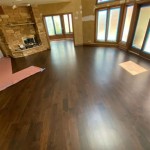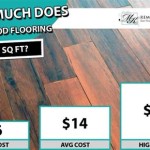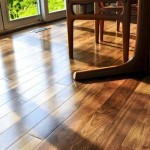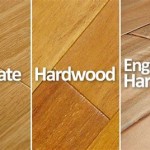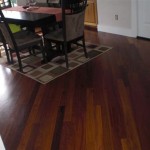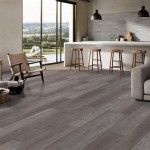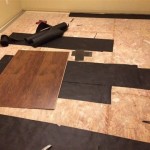Enhance the Look of Your Home with Wood Flooring Supplies
Transforming your home's aesthetic with wood flooring can be a rewarding endeavor. The warmth, elegance, and durability of wood floors add a touch of sophistication to any space. However, selecting the right wood flooring supplies is crucial to ensure a flawless installation and long-lasting beauty. Here are some essential aspects to consider when choosing wood flooring supplies:
1. Types of Wood Flooring
The type of wood flooring you choose will significantly impact the look and feel of your space. Common options include:
- Solid Wood Flooring: Made from a single piece of hardwood, solid wood flooring offers exceptional durability and longevity.
- Engineered Wood Flooring: Comprised of multiple layers with a hardwood veneer top layer, engineered wood flooring is more stable and resistant to moisture variations.
- Laminate Flooring: Resembling wood, laminate flooring features a photographic layer topped with a durable wear layer.
2. Wood Species and Finish
The wood species you select will determine the color, grain pattern, and durability of your flooring. Popular choices include:
- Oak: Known for its strength, versatility, and timeless appeal.
- Maple: Light-colored and durable, maple is an excellent choice for high-traffic areas.
- Walnut: Rich and luxurious, walnut flooring adds a touch of opulence.
The finish you choose will protect the flooring and enhance its appearance. Options include:
- Polyurethane: A durable, glossy finish that offers excellent scratch resistance.
- Oil-Based: Provides a natural, matte finish that enhances the wood's grain.
- Wax: A traditional finish that requires regular maintenance but imparts a warm, aged patina.
3. Underlayment
Underlayment is a thin layer installed beneath the wood flooring to provide support, reduce noise, and enhance comfort. Types of underlayment include:
- Cork: Natural and eco-friendly, cork provides excellent sound insulation and shock absorption.
- Rubber: Highly durable and moisture-resistant, rubber underlayment is ideal for high-traffic areas.
- Foam: Affordable and easy to install, foam underlayment is a common choice for DIY projects.
4. Moldings and Accessories
Moldings and accessories play a vital role in completing the look of your flooring. These include:
- Baseboards: Conceal the gap between the flooring and the wall, providing a finished appearance.
- Quarter-Round: Transitions the flooring from a flat surface to a curved surface, such as around columns or arches.
- T-Moldings: Bridge the gap between two different types of flooring, such as transitioning from wood to tile.
5. Installation Materials
Professional installation is highly recommended for wood flooring. However, if you are tackling a DIY project, having the right installation materials is essential:
- Flooring Adhesive: Bonds the flooring to the subfloor, ensuring a secure installation.
- Floor Nails or Staples: Secure the flooring to the subfloor, providing additional strength.
- Tools: A flooring nailer, hammer, saw, and other essential tools are necessary for a successful installation.
By carefully considering these essential aspects of wood flooring supplies, you can create a beautiful and durable floor that will enhance the look and value of your home for years to come.

Wood Flooring Everything You Need To Know Tarkett

What Is The Best Flooring For A Living Room Tarkett

Polish Enhance And Re All Types Of Wood Flooring

Laminate Vs Hardwood Flooring Major Differences Forbes Home

Tile Vs Wood Flooring Major Differences Pros Cons And Costs Forbes Home

Engineered Flooring Vs Laminate Everything You Need To Know Forbes Home

Diy Wood Floor Installation Step By Guide For Homeowners

Inexpensive Flooring Options Ideas Instead Of Hardwood Family Handyman

What Goes With Wood Floors 10 Stylish Decorating Ideas To Try

How To Refinish Hardwood Floors Forbes Home
See Also
